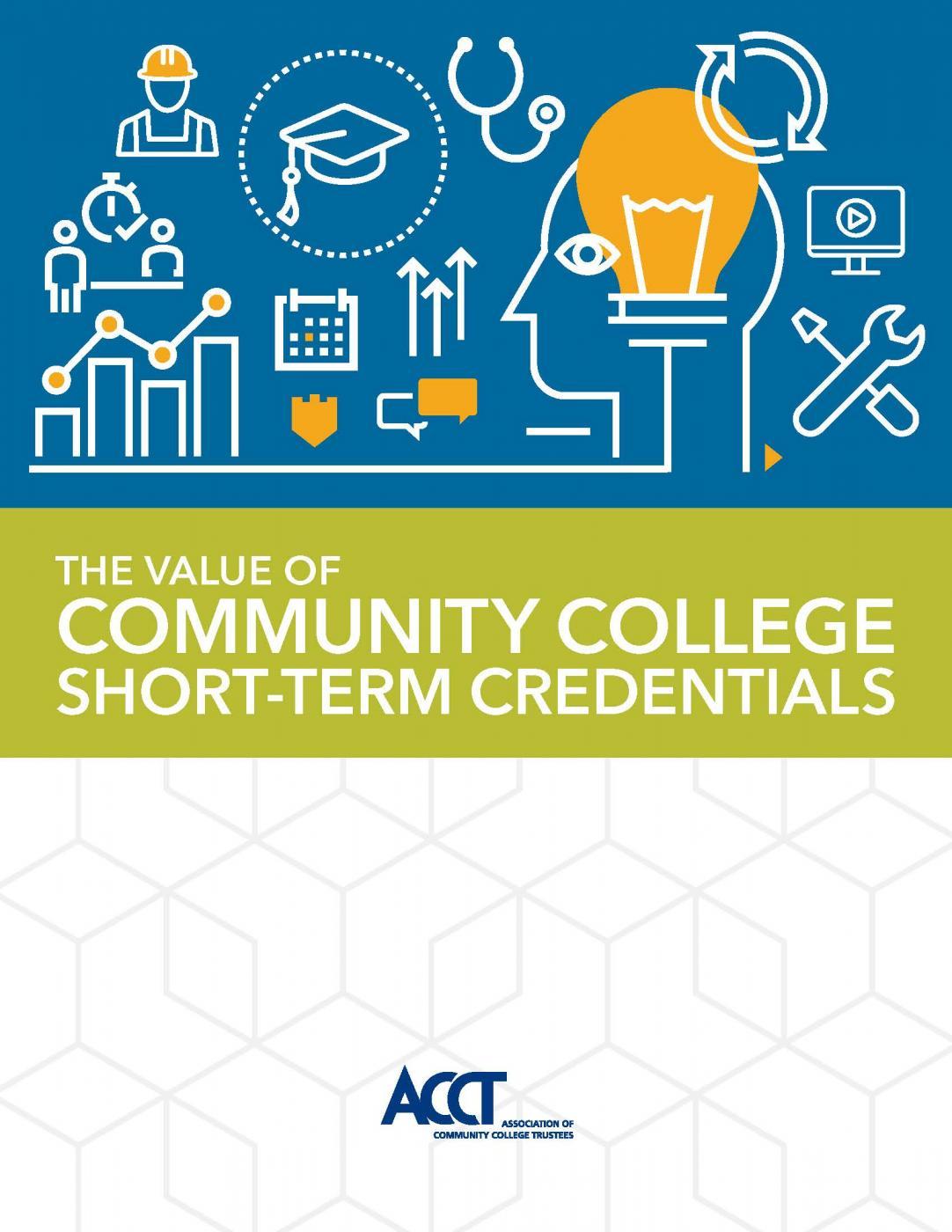In addition to finding that many employer-aligned short-term programs can lead to increased wages and a higher quality of life for students who complete them, The Value of Community College Short-Term Credentials reviews existing published literature and offers recommendations to help modernize the nation’s federal postsecondary policies to reflect the true needs of today’s students.
For this study, ACCT collected data from three statewide community college systems: Louisiana Community and Technical College System (LCTCS), North Carolina Community Colleges (NCCC), and the Virginia Community College System (VCCS). In addition to quantitative data analysis, ACCT interviewed leaders from each college system to gain insights on program characteristics, implementation, and strategies to connect students to careers in their fields of study.
In addition to finding that many community college short-term credentialing programs lead to higher wages and an improved quality of life, the research combined with existing literature revealed several needs for which the authors offered recommendations, including:
- Expand Pell Grant eligibility to short-term education and training programs by:
- Lowering the clock-hour threshold for Pell Grant eligibility;
- Ensuring short-term programs lead to recognized postsecondary credentials; and
- Ensuring short-term programs can articulate to longer-term educational pathways.
- Support student success during and after program participation by:
- Funding community college and business partnerships; and
- Expanding basic needs services for students in short-term programs.
- Improve data infrastructure to connect students’ academic and employment outcomes.
